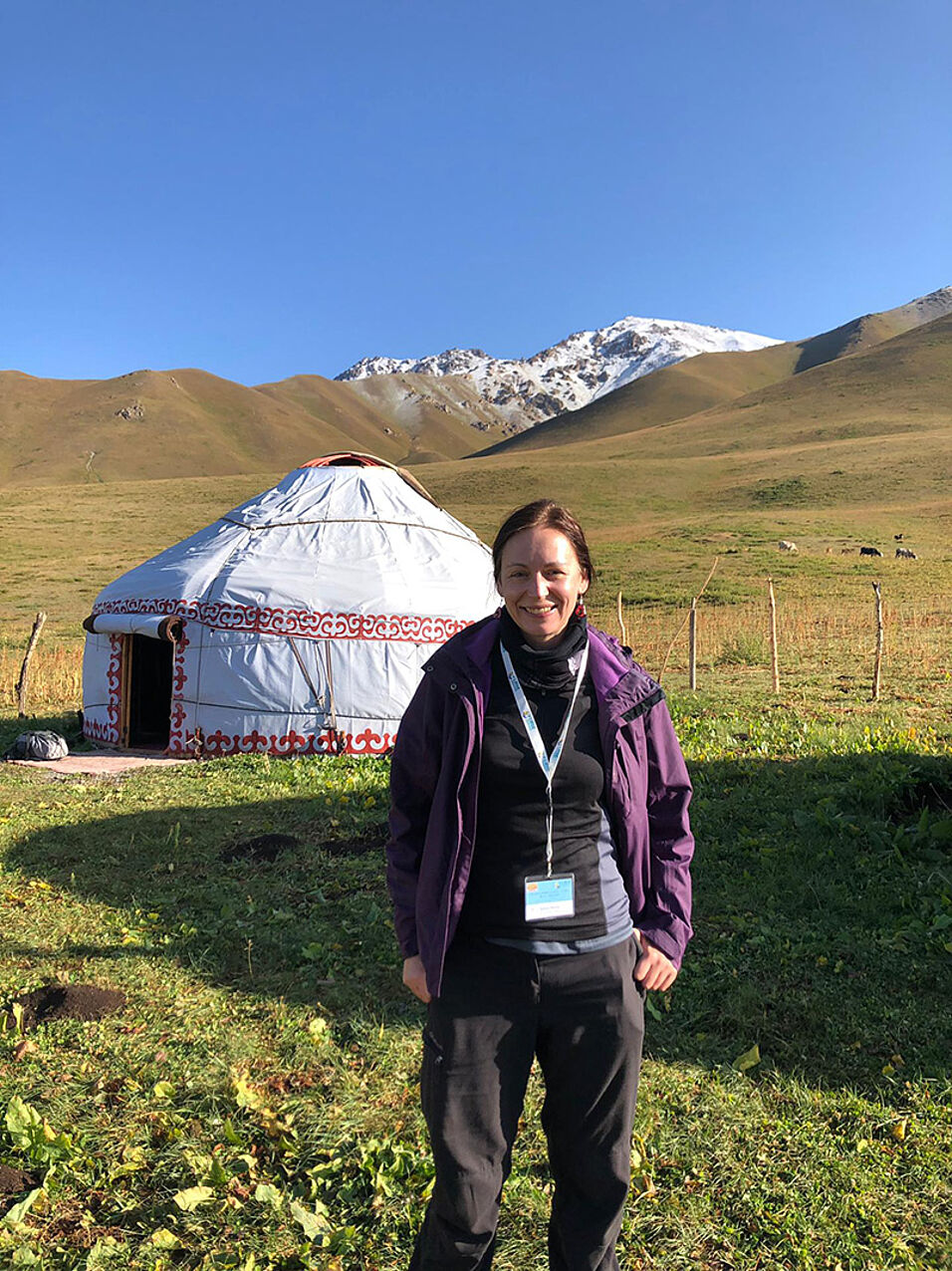What is so fascinating about your research area?
I am passionate about migrants, those individuals with particular characteristics that push them to dare an adventure elsewhere, despite the difficulties. For more than twenty years, I have been interested in environmental migration in various contexts. I try to understand how individuals make decisions and behave in the face of a changing environment. My research therefore recently includes more and more psychological factors. To introduce these factors into the migration models, we chose to vary the methods of collection: quantitative survey, qualitative interviews, board game. I like this variety of approach.
Which central message should your students remember?
After my course, I hope that students will have a better idea of the societal issues related to environmental migration but also of the difficulties in estimating the number of migrants involved and in distinguishing environmental from other causes of migration movements. The methodological challenges are great and I hope that they will want to take up some of them.
Why did you decide to do research and teach at our Faculty?
Having a research network mainly outside Europe, I wanted to strengthen my presence in Europe. Patrick Sakdapolrak's team is renowned and I had the chance to meet Marion Borderon and Harald Sterly during conferences. We have many common research interests.
For teaching, I have been an advisor for pedagogical innovations for the president of my university. I like to think about adapting a course to a new group of students. Being able to teach a master's course at another university is a very motivating challenge. Here, I will be able to develop a course on my own research expertise. This is a new experience for me.
Which three publications characterise your work?
Henry S., Schoumaker B., Beauchemin C., 2004. The impact of rainfall on the first out-migration: A multi-level event-history analysis in Burkina Faso, in Population and Environment, 25(5), 423-460.
Ignacio A., Cruz G., Nardi F., Henry S., 2015. Assessing the efficacy of social vulnerability measurements through the impacts of natural hazards, Vienna Yearbook of Population Research, Vol. 13, pp. 91–129.
Henriet E, Burnay N, Dalimier J., Hurley J., Henry S, 2020. Challenges and opportunities in collecting data with a game, in Bulletin of Sociological Methodology
Thank you & welcome to our Faculty!
- Sabine Henry is professor in Geography at the University of Namur, Belgium (2005-present). She holds a PhD at the University of Louvain (Belgium) in 2003, and was post-doctoral fellow at University of Montreal (2003-05) and visiting fellow at Carolina Population Center, US (2004). She is a member of the Steering committee of the Population and Environment Research Network (2008-2011 and 2019-present).
The scientific expertise of Sabine is the interaction between environment and migration, at household or individual level. In her pioneer research in Burkina Faso, she provided one of the first empirical evidences on the effects of drought on migration. Sabine Henry’s significant experience in international and national research projects allowed her to explore several regions in the world (West and Central Africa, South-East Asia, Central America), using different methods (quantitative, qualitative, board games, etc.) to address the same research questions and examining from various angles the link between migration and environment (interactions between drivers, vulnerability, resilience, slow-onset and sudden events, disasters, etc.). - Working group / host professor: Population geography and demography / Patrick Sakdapolrak
- Courses in the summer term:


